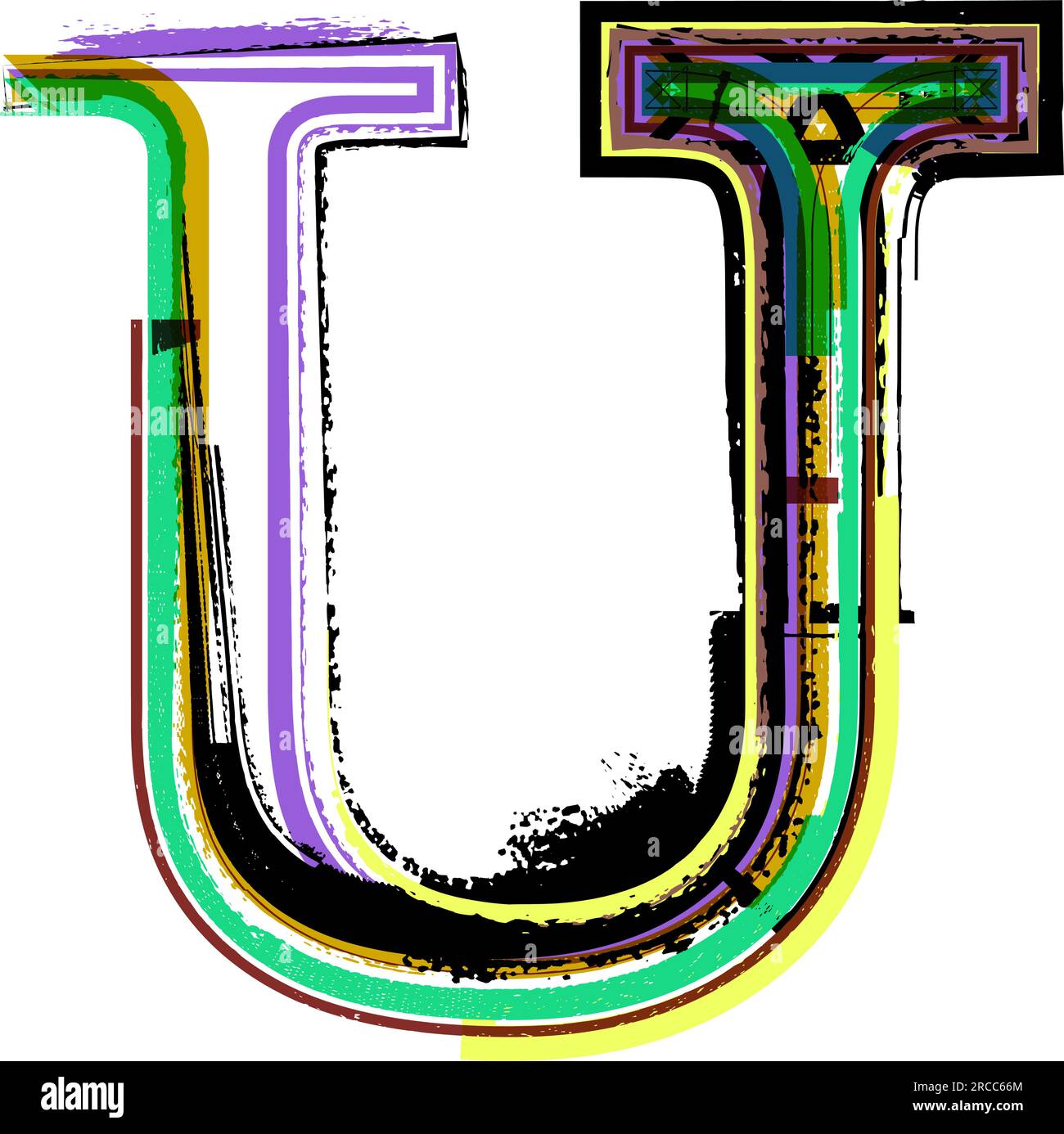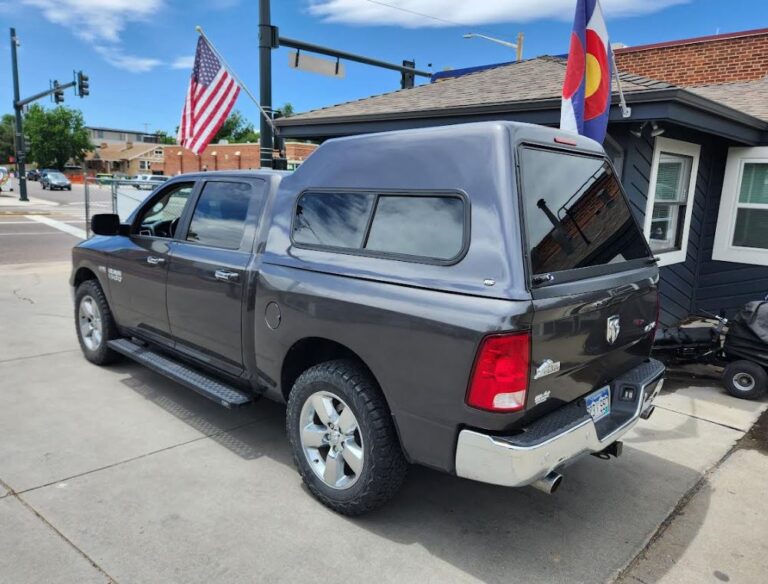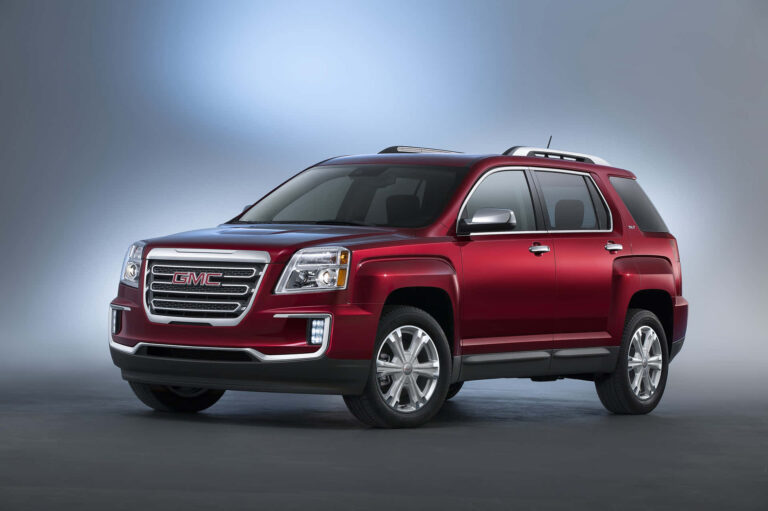U-Haul Trailer Prices: Your Comprehensive Guide to Affordable Hauling
U-Haul Trailer Prices: Your Comprehensive Guide to Affordable Hauling cars.truckstrend.com
Embarking on a do-it-yourself move or needing to transport large items often leads individuals to consider U-Haul, a household name synonymous with affordable and accessible moving solutions. Among their extensive fleet, U-Haul trailers stand out as a highly versatile and cost-effective option for a wide array of hauling needs, from relocating personal belongings to transporting vehicles or clearing out a garage. However, the exact cost of renting a U-Haul trailer isn’t a fixed figure; it’s a dynamic price influenced by a multitude of factors, making understanding U-Haul trailer prices crucial for budgeting and planning.
This comprehensive guide aims to demystify the pricing structure of U-Haul trailers, providing you with all the essential information to make an informed decision. We will delve into the various types of trailers available, the key elements that dictate their rental costs, practical tips for securing the best possible rates, and important considerations to ensure a smooth and safe towing experience. By the end of this article, you’ll be equipped with the knowledge to confidently navigate U-Haul’s offerings and find the perfect trailer at a price that fits your budget.
U-Haul Trailer Prices: Your Comprehensive Guide to Affordable Hauling
Understanding the U-Haul Trailer Ecosystem: Types and Their Uses
Before diving into prices, it’s essential to understand the different categories of U-Haul trailers, as their type and size are primary determinants of cost. U-Haul primarily offers three main types of trailers, each designed for specific hauling tasks:
1. Cargo Trailers (Enclosed)
These trailers are fully enclosed, providing protection from the elements and security for your belongings. They are ideal for moving household goods, furniture, boxes, and anything that needs to stay dry and secure.
- Sizes: Commonly available in 4’x8′, 5’x8′, 5’x10′, and 6’x12′.
- Best For: Residential moves, transporting sensitive equipment, or anything requiring weather protection.
- Key Feature: Roll-up or barn doors for easy loading, often come with tie-downs inside.

2. Utility Trailers (Open)
Utility trailers are open-top, flatbed trailers, often equipped with a ramp for easy loading of items like lawnmowers, motorcycles, or construction materials. Their open design makes them highly versatile for awkwardly shaped or dirty loads.
- Sizes: Typically offered in 4’x7′, 5’x8′, 5’x9′, and 6’x12′.
- Best For: Hauling landscaping materials, appliances, construction debris, ATVs, or open-air transport of furniture.
- Key Feature: Ramps for easy loading, robust construction for heavy or bulky items.

3. Car Carriers (Auto Transport & Tow Dolly)
Designed specifically for transporting vehicles, these trailers come in two main forms:

- Tow Dolly: A two-wheel trailer that lifts the front wheels of a vehicle off the ground, allowing the rear wheels to roll.
- Best For: Front-wheel drive vehicles, shorter distances, or when a lighter towing vehicle is used.
- Auto Transport: A four-wheel trailer that lifts the entire vehicle off the ground.
- Best For: All-wheel drive, rear-wheel drive, or classic cars, and for long-distance moves where wear and tear on the towed vehicle’s tires is a concern.
- Key Feature: Specialized ramps and tie-downs for secure vehicle loading.
Each trailer type serves a unique purpose, and naturally, their design, capacity, and demand influence their rental price.
Decoding U-Haul Trailer Prices: Factors That Influence Cost
The price you pay for a U-Haul trailer is not just a flat fee; it’s a dynamic calculation influenced by several key variables. Understanding these factors is crucial for accurate budgeting and potentially saving money.
1. Trailer Type and Size
As discussed, the type and dimensions of the trailer are the most significant pricing factors. Larger trailers and specialized car carriers generally cost more than smaller utility or cargo trailers due to their greater capacity, more complex design, and higher manufacturing costs. For example, a 6×12 enclosed cargo trailer will typically be more expensive than a 4×8 enclosed cargo trailer for the same rental duration.
2. Rental Duration
U-Haul trailer rentals are primarily priced on a daily basis for in-town (local) moves. For one-way moves, the price is typically a flat rate for the entire trip, regardless of the exact number of days, though there’s usually a grace period or maximum allowed days. Renting for longer than the specified period can incur additional daily charges or late fees, so accurate planning is essential.
3. One-Way vs. In-Town (Local) Rentals
This is perhaps the biggest differentiator in U-Haul trailer pricing.
- In-Town (Local) Rentals: These involve picking up and dropping off the trailer at the same U-Haul location. Prices are typically lower and charged daily (e.g., $14.95 – $34.95 per day, depending on size). Utility trailers are often limited to in-town rentals only.
- One-Way Rentals: These allow you to pick up a trailer at one location and drop it off at a different U-Haul center in another city or state. One-way rates are significantly higher than daily in-town rates because U-Haul incurs costs to reposition trailers across its network. These rates are determined by the distance, demand for that specific route, and the time of year, often ranging from $100 to $800 or more for car carriers.
4. Pickup and Drop-off Location
Geographic location plays a role. Prices can vary based on supply and demand in specific regions or even within different neighborhoods of the same city. For instance, renting in a major metropolitan area during peak season might be pricier than in a less populated area or during off-peak times.
5. Time of Year and Demand
Like many rental services, U-Haul experiences peak seasons, particularly during summer months (May-August), weekends, and the beginning/end of each month. During these high-demand periods, prices tend to be higher, and availability can be limited. Conversely, renting during off-peak times (e.g., weekdays, fall/winter, mid-month) can often result in lower prices and better availability.
6. Additional Services and Products
While not directly part of the trailer rental fee, additional items or services can add to your total cost:
- Insurance: U-Haul offers various protection plans (e.g., SafeMove, SafeTow) that cover damage to the trailer or your belongings. While optional, they add to the total.
- Hitches and Wiring: If your vehicle isn’t equipped for towing, U-Haul offers installation services for hitches and wiring, which are separate costs.
- Moving Supplies: Boxes, packing tape, furniture pads, and other supplies are available for purchase.
Getting a Quote and Booking Your U-Haul Trailer
The process of getting a quote and booking a U-Haul trailer is straightforward, primarily done through their website, but also available via phone or in-person.
- Online: The U-Haul website (uhaul.com) is the most convenient way. You’ll input your desired pickup and drop-off locations, dates, and the type of trailer you need. The system will then provide an instant quote. This is also where you can compare one-way vs. in-town prices.
- Phone: You can call U-Haul’s customer service or a local U-Haul center directly for a quote and to book.
- In-Person: Visiting a U-Haul location allows you to speak with staff, inspect trailers, and get a quote on the spot.
Practical Advice: When getting a quote, be as specific as possible with your dates and locations. If your schedule is flexible, try inputting different dates (e.g., a weekday vs. a weekend, or a mid-month date) to see if you can find a better price. For one-way rentals, slightly adjusting your pickup or drop-off city to a nearby town might also yield different rates due to varying supply and demand.
Practical Tips for Saving Money on U-Haul Trailer Rentals
While U-Haul trailers are generally cost-effective, there are several strategies you can employ to minimize your rental expenses:
- Book in Advance: Especially for one-way rentals or during peak moving seasons, booking several weeks or even months ahead can secure you a better rate and ensure availability. Last-minute bookings, particularly for one-way, can be significantly more expensive or unavailable.
- Be Flexible with Dates: If possible, avoid moving on weekends, holidays, or at the very beginning or end of the month. Mid-week and mid-month rentals often come with lower rates due to reduced demand.
- Choose the Right Size: Resist the urge to rent a larger trailer than you truly need. Assess your cargo accurately to select the smallest trailer that will safely accommodate everything in one trip. Over-renting means paying for unused space.
- Compare In-Town vs. One-Way: If your move is relatively short-distance (e.g., within the same metro area or a very short drive between two towns), compare the cost of doing multiple in-town trips with a smaller trailer versus a single one-way trip with a larger one. Sometimes, the former can be cheaper.
- Understand Insurance Options: U-Haul offers various protection plans. While highly recommended for peace of mind, check if your personal auto insurance policy or credit card benefits already provide coverage for rental trailers. Always confirm the specifics of your policy with your provider.
- Return on Time (and Clean): Avoid late fees by returning the trailer by the agreed-upon time. Also, ensure the trailer is swept clean of debris to avoid potential cleaning charges.
- Consider Your Tow Vehicle: Ensure your vehicle has the correct towing capacity, hitch class, and working electrical wiring. If you need U-Haul to install a hitch or wiring, factor that cost into your budget. Sometimes, the cost of installing a hitch plus the trailer rental might approach the cost of a small U-Haul moving truck, which includes the towing capacity.
Important Considerations Beyond Price
While price is a major factor, several other critical considerations should guide your U-Haul trailer rental decision to ensure safety and convenience.
- Towing Vehicle Compatibility: This is paramount. Your vehicle must have the adequate towing capacity (Gross Vehicle Weight Rating – GVWR, Gross Combined Weight Rating – GCWR) for the loaded trailer. You’ll also need a compatible hitch receiver (Class I, II, III, etc.) and a working electrical connection for the trailer’s lights and brakes. U-Haul will verify your vehicle’s suitability during the booking process.
- Towing Experience: Towing a trailer requires different driving skills. Allow for longer braking distances, wider turns, and slower speeds. If you’re inexperienced, consider a shorter, lighter trailer for your first time and practice in a safe, open area.
- Loading and Weight Distribution: Proper loading is essential for safe towing. Distribute weight evenly, with about 60% of the cargo weight in the front half of the trailer and 40% in the rear. Secure all items with tie-downs to prevent shifting during transit, which can lead to dangerous swaying.
- Pre-Rental Inspection: Before driving off, thoroughly inspect the trailer for any existing damage (scratches, dents, tire condition, working lights). Document everything with photos or videos and ensure it’s noted on your rental agreement to avoid being charged for pre-existing damage.
- Roadside Assistance: While U-Haul trailers are generally well-maintained, mechanical issues can occur. Understand U-Haul’s roadside assistance policy and what to do in case of a breakdown.
Potential Challenges and Solutions
Even with careful planning, challenges can arise. Being prepared can save you time and stress.
- Unexpected Price Hikes: Sometimes, online quotes can change if demand suddenly spikes or availability drops.
- Solution: Lock in your reservation as early as possible. If a quote seems too high, try different dates or locations.
- Limited Availability: During peak seasons, your desired trailer size might not be available at your preferred location.
- Solution: Book far in advance. Be flexible with your pickup location (e.g., checking nearby towns). Consider an alternative trailer size if a slightly larger or smaller one is available and still meets your needs.
- Vehicle Towing Issues: Your vehicle might not meet U-Haul’s towing requirements, or you might realize you don’t have the correct hitch/wiring.
- Solution: Get your vehicle assessed by a professional before booking. U-Haul offers hitch installation services, but factor that into your budget and timeline. If your vehicle truly isn’t suitable, you might need to consider renting a U-Haul moving truck instead.
- Damage During Rental: Accidents happen.
- Solution: Opt for U-Haul’s insurance coverage (SafeTow) or confirm your personal auto insurance covers rental trailers. Always do a thorough pre-rental inspection and document any existing damage.
U-Haul Trailer Price Table (Estimated Daily & One-Way Rates)
Please note that these prices are estimates and can vary significantly based on location, availability, duration, demand, and specific promotions. Always obtain a direct quote from U-Haul for accurate pricing for your specific needs.
| Trailer Type | Size (Approx.) | In-Town (Daily Est.) | One-Way (Est. Range) | Capacity (Cubic Ft / Lbs) | Best For… | Notes |
|---|---|---|---|---|---|---|
| Cargo Trailers | Enclosed, weather-protected, secure | |||||
| Small | 4×8 | $14.95 – $18.95 | $100 – $300+ | 142 cu ft / 1600 lbs | Small apartments, few boxes, dorms, light loads | Easiest to tow, good for small projects |
| Medium | 5×8 | $18.95 – $22.95 | $150 – $400+ | 208 cu ft / 1800 lbs | Studio/1-bedroom, general household items | Very popular size, versatile |
| Large | 5×10 | $24.95 – $28.95 | $200 – $500+ | 390 cu ft / 2000 lbs | 1-2 bedrooms, larger furniture pieces | Good balance of size and maneuverability |
| X-Large | 6×12 | $29.95 – $34.95 | $250 – $600+ | 450 cu ft / 2500 lbs | 2-3 bedrooms, significant hauls, bulky items | Largest enclosed trailer, may require stronger tow vehicle |
| Utility Trailers | Open top, versatile for odd-shaped or dirty items | |||||
| Small w/ Ramp | 4×7 | $14.95 – $18.95 | N/A (mostly in-town) | 1,200 lbs | Lawn equipment, small appliances, debris | Handy ramp for easy loading |
| Medium w/ Ramp | 5×8 | $18.95 – $22.95 | N/A (mostly in-town) | 1,600 lbs | Furniture, appliances, construction materials | Most common utility size, good all-rounder |
| Medium w/ Ramp | 5×9 | $24.95 – $28.95 | N/A (mostly in-town) | 1,600 lbs | Wider items like sofas, larger appliances | Offers more width for bulky items than 5×8 |
| Large w/ Ramp | 6×12 | $29.95 – $34.95 | N/A (mostly in-town) | 2,500 lbs | Landscaping, large equipment, building materials | Heaviest utility, often with brake system, may need strong tow vehicle |
| Car Carriers | For transporting vehicles | |||||
| Tow Dolly | N/A | $44.95 – $54.95 | $150 – $450+ | Up to 3,000 lbs | Front-wheel drive cars, shorter distances | Two wheels of towed vehicle on ground |
| Auto Transport | N/A | $54.95 – $69.95 | $200 – $800+ | Up to 5,290 lbs | All vehicle types, long distances, classic cars | All four wheels of towed vehicle off ground |
Disclaimer: These are general estimates. Prices are highly variable based on specific U-Haul location, current demand, rental duration, and whether it’s an in-town or one-way rental. Always confirm your exact price with U-Haul directly.
Frequently Asked Questions (FAQ) About U-Haul Trailer Prices
Q1: How are U-Haul trailer prices determined?
A1: U-Haul trailer prices are influenced by several factors, including the type and size of the trailer, the rental duration (daily for in-town, flat rate for one-way), whether it’s an in-town or one-way rental (one-way is usually much more expensive), the specific pickup and drop-off locations, and the time of year (peak seasons are pricier).
Q2: Can I rent a U-Haul trailer for a one-way trip?
A2: Yes, you can typically rent enclosed cargo trailers and car carriers (tow dollies and auto transports) for one-way trips, allowing you to pick up in one city and drop off in another. Utility trailers are generally only available for in-town rentals.
Q3: Do I need insurance for a U-Haul trailer?
A3: While not legally mandatory in most places, it is highly recommended. U-Haul offers various protection plans (like SafeTow) that cover damage to the trailer or your cargo. You should also check if your personal auto insurance policy or credit card benefits provide coverage for rental trailers before purchasing U-Haul’s options.
Q4: What kind of vehicle do I need to tow a U-Haul trailer?
A4: Your vehicle must have the appropriate towing capacity for the loaded trailer, a compatible hitch receiver (e.g., 1-1/4" or 2" square receiver), and a functioning lighting connection (usually a 4-flat or 7-way connector). U-Haul has specific requirements for towing different trailer sizes, and they will verify your vehicle’s suitability during the reservation process.
Q5: Are there any hidden fees I should be aware of?
A5: U-Haul is generally transparent with its pricing. However, potential additional costs can include late return fees, cleaning fees if the trailer is returned excessively dirty, and the cost of optional insurance or moving supplies. For truck rentals (not trailers), there might be mileage charges, but trailers typically have a flat rate for the rental period.
Q6: How far in advance should I book my U-Haul trailer?
A6: It’s advisable to book as far in advance as possible, especially if you need a specific trailer size, are moving during peak season (summer, weekends, month-end), or require a one-way rental. Booking several weeks or even months ahead can help secure availability and potentially better rates.
Q7: What’s the difference between a tow dolly and an auto transport?
A7: A tow dolly lifts only the front wheels of your vehicle off the ground, allowing the rear wheels to roll. It’s lighter and generally cheaper, suitable for front-wheel drive vehicles and shorter distances. An auto transport is a full trailer that lifts all four wheels of your vehicle off the ground, providing complete protection from road wear. It’s heavier, more expensive, and ideal for all vehicle types, longer distances, and classic cars.
Conclusion
U-Haul trailers offer a flexible, convenient, and often budget-friendly solution for a wide range of moving and hauling needs. While the concept of "U-Haul Trailer Prices" might seem straightforward, it is, in fact, a nuanced calculation influenced by factors like trailer type, rental duration, location, and demand. By understanding these variables, planning meticulously, and leveraging the practical tips provided, you can navigate the U-Haul rental process efficiently and cost-effectively.
Remember to always prioritize safety by ensuring your towing vehicle is compatible, loading the trailer correctly, and driving cautiously. With careful preparation and an informed approach, your U-Haul trailer rental experience can be a smooth and successful one, empowering you to tackle your next moving or hauling project with confidence.






